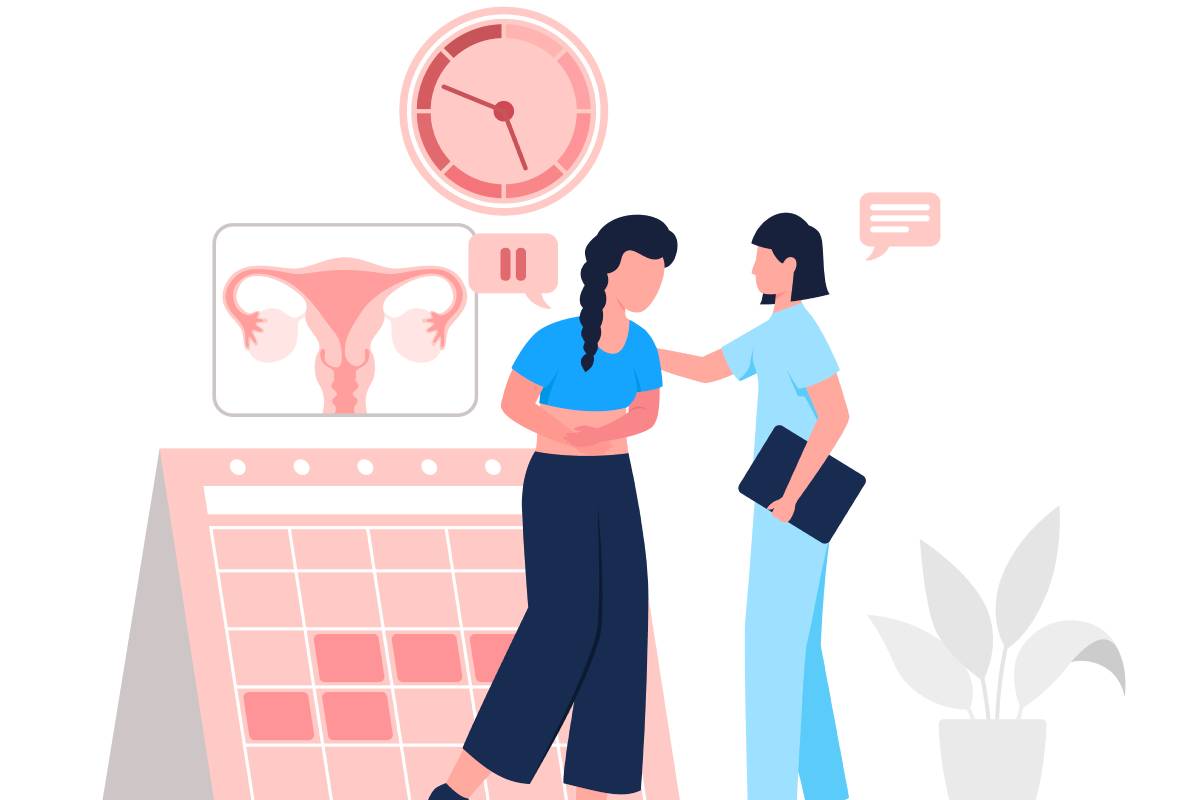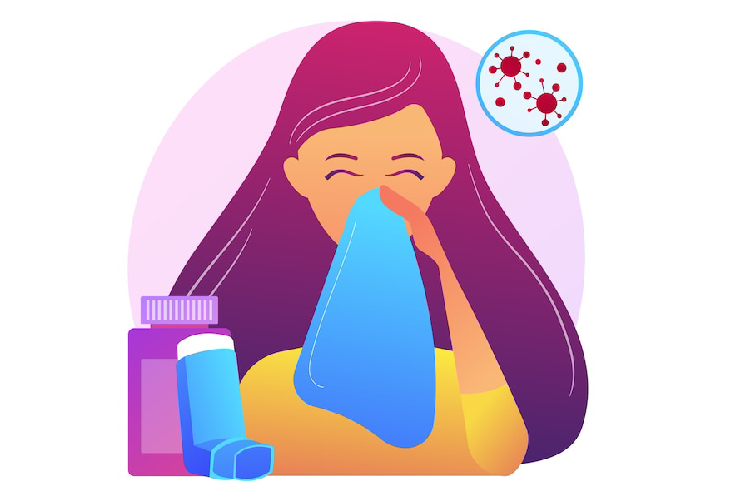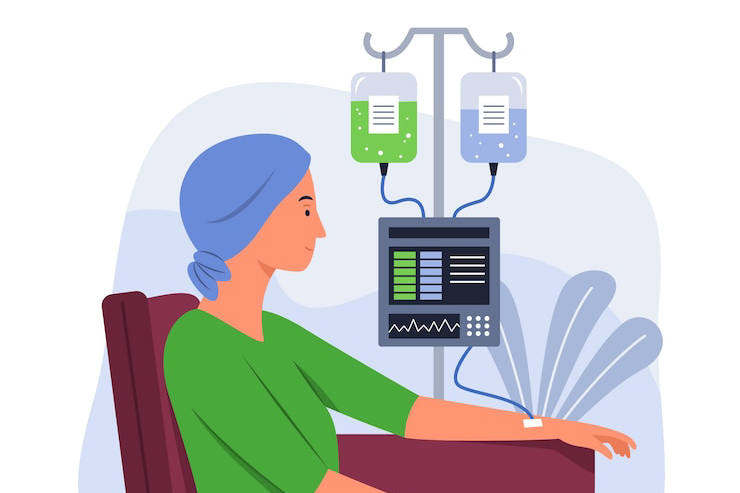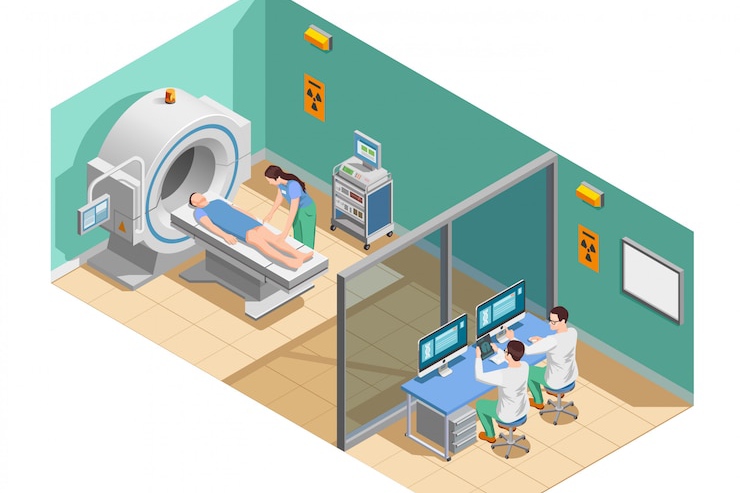
The Journey to Motherhood: Insights into Women’s Health and Infertility
Motherhood is a journey many women dream of, yet for some, the road to parenthood can be fraught with challenges. While many women experience the joy of pregnancy and childbirth naturally, others face infertility, a condition that affects millions worldwide. Today, with advances in women’s health, understanding infertility, and exploring modern treatment options, hope for motherhood remains stronger than ever.
This blog aims to shed light on the key aspects of women’s reproductive health, maternity, and infertility, offering insights for those navigating this delicate journey.
Understanding Infertility: A Global Challenge
Infertility, defined as the inability to conceive after 12 months of unprotected intercourse, affects approximately 10-15% of couples worldwide. While the causes of infertility vary, they can often be traced to either female, male, or combined factors. For women, infertility can be linked to issues such as hormonal imbalances, ovarian dysfunction, blocked fallopian tubes, or conditions like endometriosis and polycystic ovary syndrome (PCOS).
In recent years, infertility has become less of a taboo topic, with increasing awareness and support for those affected. The emotional toll of struggling to conceive cannot be understated, with many women experiencing feelings of grief, anxiety, and isolation. Yet, thanks to medical advances, countless women are now overcoming these obstacles and finding paths to motherhood.
Common Causes of Infertility in Women
- Ovulation Disorders: One of the most common causes of female infertility is problems with ovulation. Conditions like PCOS, thyroid disorders, and hormonal imbalances can interfere with the regular release of eggs from the ovaries.
- Age-Related Decline: As women age, the quality and quantity of eggs decline, particularly after the age of 35. This natural aging process can make it more difficult to conceive and increases the risk of miscarriage.
- Endometriosis: This condition, where tissue similar to the lining inside the uterus grows outside of it, can cause scarring, block the fallopian tubes, and affect the ovaries, leading to infertility.
- Blocked Fallopian Tubes: Blockages in the fallopian tubes, often due to pelvic inflammatory disease (PID) or previous infections, prevent sperm from reaching the egg or the fertilized egg from implanting in the uterus.
- Uterine or Cervical Abnormalities: Conditions affecting the shape of the uterus or problems with the cervix can also lead to infertility or recurrent miscarriages.
The Emotional Impact of Infertility
For many women, the emotional impact of infertility is just as significant as the physical challenges. Struggling to conceive can lead to feelings of frustration, inadequacy, and emotional strain, both individually and as a couple. The pressure of timed intercourse, hormone treatments, and medical procedures often adds to the mental burden. Additionally, societal and cultural expectations of motherhood can amplify the sense of failure when conception doesn’t happen as planned.
Building a strong support network of friends, family, or professional counseling is crucial for mental health during this time. Women should not hesitate to seek emotional support when navigating the infertility journey, as this is an essential part of holistic well-being.
Maternity: The Path to Parenthood
Despite the challenges, many women find a path to motherhood through various fertility treatments and interventions. The good news is that the field of reproductive medicine has seen tremendous advancements, providing hope and solutions for women facing infertility. Here are some of the most common and effective treatments available today:
- Fertility Medications Medications such as Clomiphene Citrate (Clomid) and hormone injections are often the first line of treatment for women with ovulation disorders. These medications help regulate or stimulate ovulation, increasing the chances of conception.
- Intrauterine Insemination (IUI) Intrauterine insemination, or IUI, is a procedure in which sperm is placed directly into the uterus around the time of ovulation. This treatment is often recommended for women with cervical problems or when mild male infertility is a factor.
- In Vitro Fertilization (IVF) IVF is one of the most well-known fertility treatments. During IVF, eggs are retrieved from the ovaries, fertilized in a lab with sperm, and then implanted into the uterus. IVF has a higher success rate than other fertility treatments and is often used when other methods have failed. IVF can be tailored to a woman's specific condition, making it a versatile option for many types of infertility.
- Egg or Embryo Freezing (Fertility Preservation) For women concerned about age-related infertility or those undergoing medical treatments that may affect fertility (such as chemotherapy), egg or embryo freezing offers an option for future motherhood. This process allows women to preserve their eggs or embryos for use at a later time when they are ready to conceive.
- Third-Party Reproductions For women who cannot conceive using their own eggs or carry a pregnancy to term, third-party reproduction options such as egg donation, surrogacy, or embryo adoption may be explored. These options can open up new possibilities for parenthood, with growing success rates.
The Future of Fertility: Hope on the Horizon
The future of fertility treatment continues to evolve, with ongoing research into new technologies and interventions that could further enhance success rates. Cutting-edge advancements such as preimplantation genetic testing (PGT) can help prevent genetic diseases, while the rise of personalized medicine is allowing fertility treatments to be tailored to a woman's unique genetic and biological profile.
Additionally, the integration of artificial intelligence (AI) into fertility clinics is improving embryo selection, leading to higher IVF success rates. As science and technology progress, the future holds even more promise for women facing infertility.
Conclusion: Embracing the Journey to Motherhood
The journey to motherhood is different for every woman, and for those facing infertility, it can feel like a long and uncertain road. However, with the tremendous advances in women’s health and fertility treatments, hope for parenthood has never been stronger. Whether through medications, assisted reproductive technologies, or third-party reproduction, the possibilities for building a family are now within reach for many who once thought it impossible.
For women navigating infertility, it’s important to remember that you are not alone. Your journey to motherhood may take unexpected turns, but with the right support, medical care, and resources, it is possible to find a path forward and achieve the family you dream of.



